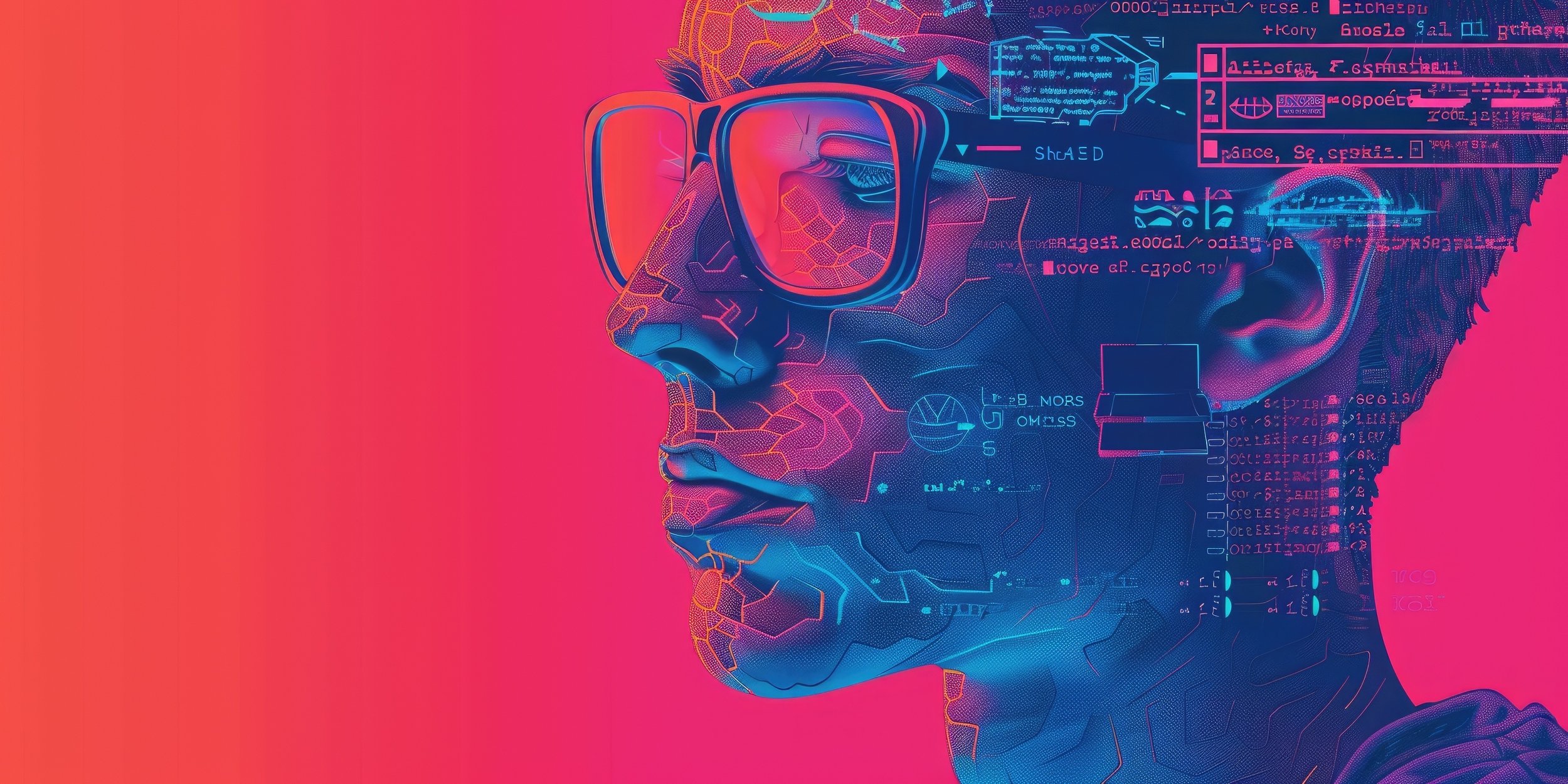Defending Youth Justice
In The Digital Age
Join us in the fight to end surveillance and build a future where all youth thrive with dignity and justice!
RESOURCES
SEE ALLOUR NETWORK
DONATE TO NOTICE COALITION
Your support sustains a diverse network of intergenerational individuals and organizations working towards Digital Youth Justice. Your donation will directly support the National Youth Summit on Digital Liberation, covering costs for young people (15-22) from across the country to participate in our youth-led Digital Liberation Summit.



